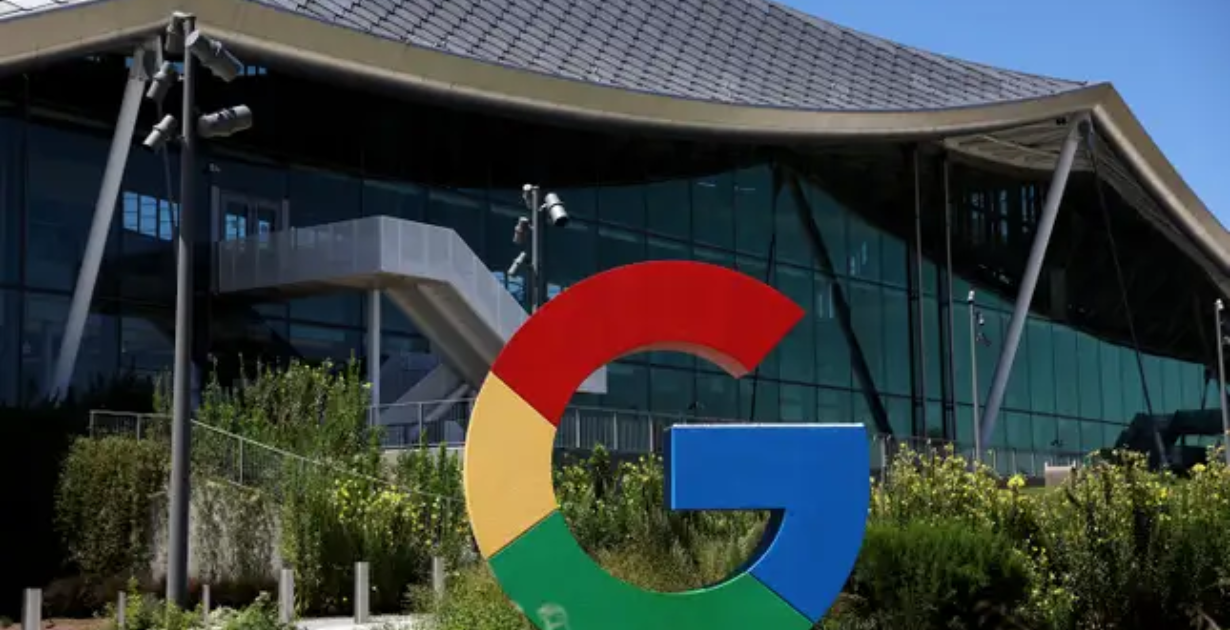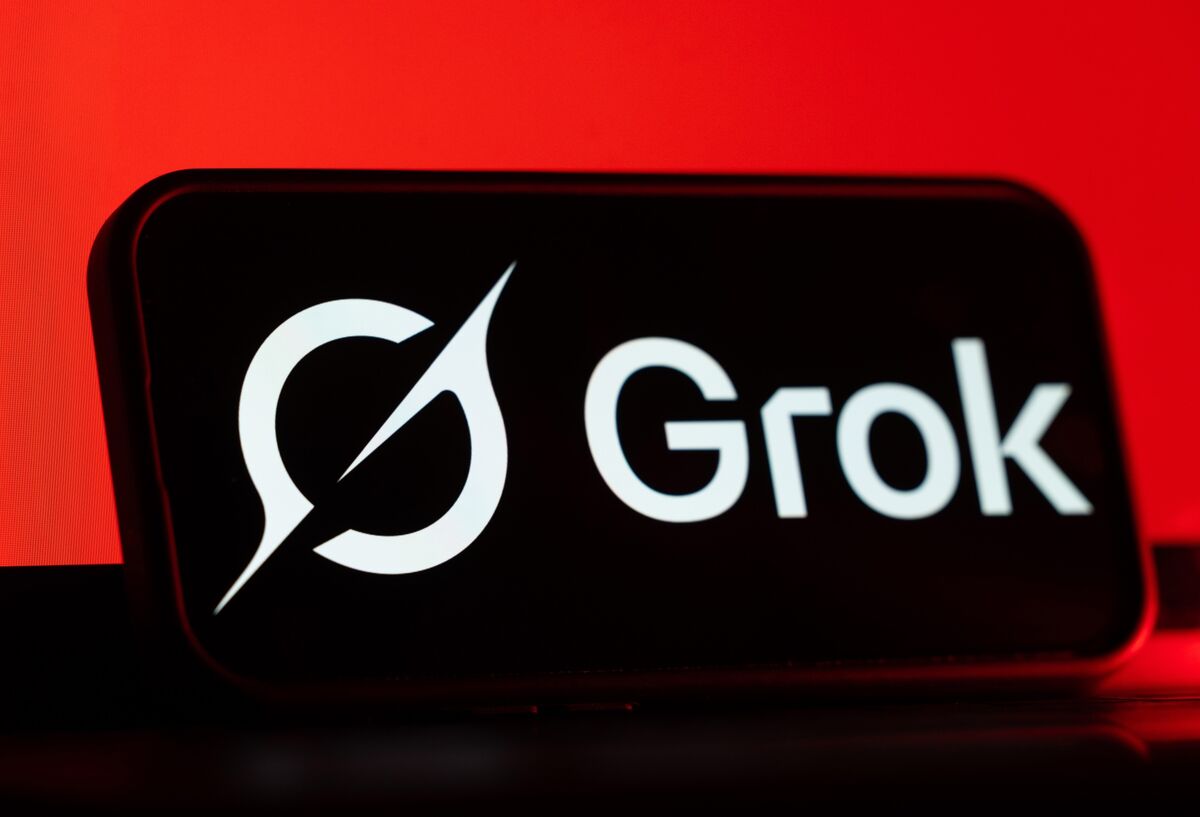Google Bets Big on Nuclear Fusion in Clean Energy Future
In a groundbreaking move toward clean energy innovation, Google has announced a partnership with Commonwealth Fusion Systems (CFS), an MIT spin-off working to commercialize nuclear fusion.
The tech giant will purchase power from a future fusion plant being developed in Virginia. This agreement marks the first major commercial alignment between a Big Tech company and the promise of fusion energy a solution long considered science fiction.
Nuclear fusion, the process that powers the sun, has been a goal for scientists for decades due to its potential to provide unlimited, clean energy without the downsides of fossil fuels or nuclear fission.
Commonwealth Fusion Systems claims its compact fusion reactor design, SPARC, will be commercially viable by the early 2030s, and it hopes to achieve net energy gain by 2027. Google’s investment gives the project a serious confidence boost and a high-profile customer.
For Google, this isn’t just a branding play. The company has been aggressively pursuing its 24/7 carbon-free energy goal by 2030, and powering its massive data centers sustainably is a major part of that plan.
Fusion energy could be a game-changer in allowing Google to meet those objectives and help other corporations transition off carbon-based energy.
Critics have long warned that fusion energy is perpetually “a decade away,” but this partnership could signal a shift from lab speculation to scalable reality.
With Google’s financial power and data-hungry infrastructure, the tech world might be about to see the most ambitious energy experiment yet. Still, there are hurdles to clear technical, regulatory, and logistical.
As the world faces increasing pressure to solve the climate crisis, this move puts Google at the center of what could become the energy revolution of the century. Whether it pays off or not, this gamble on the future could shape how we power our digital lives for decades to come.
news via inbox
Get the latest updates delivered straight to your inbox. Subscribe now!




